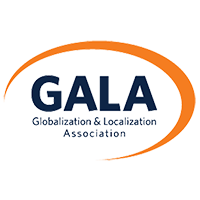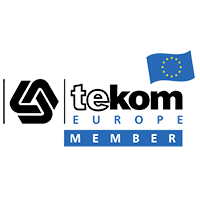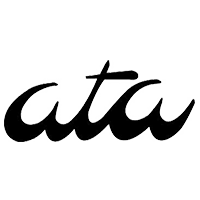A Day in the Life of a Senior Language Lead
This post marks a reboot of our “Life as…” series, where we drop in on some of Argos Multilingual’s most prominent personalities to see what they get up to on a daily basis. Our first visit is to Izabela Lecewicz-Świeboda, who is a senior language lead in the LIQUID department.
Please tell us a little about your background and how you found your way to Argos.
Izabela Lecewicz-Świeboda: I worked in a different translation company in Kraków for almost 3 years (first as a project manager and then as a language lead) but I was looking for an opportunity to gain more experience in a bigger company. When my friend (who happens to be a project manager at Argos) told me that Argos was hiring, I applied immediately and that’s how I became a part of the linguistic department (now LIQUID). This turned out to be a great decision – I’m constantly learning new things and I’m excited about all the innovations that come out of this department.
What does your role usually involve?
ILŚ: I’m responsible for the linguistic coordination of translation projects (mostly IT) – it may involve query management, source review, and direct contact with the client, our partners, and our internal team. Creating instructions and trainings is also a huge part of my job – it’s taught me that preparing clear, unambiguous guidelines is the key to success.
What does a normal day’s schedule look like?
ILŚ: I try to take care of the most difficult task first thing in the morning. This is usually related to query management and sometimes a lot of research must be done to find the right answer. During the day, I’m juggling several tasks and remembering to take short breaks.
What’s a common question you get from clients/end users, and how do you typically answer it?
ILŚ: The question that haunts my dreams is “Should this be translated or kept in English?” The answer is that it depends, obviously!
What equipment/tools/software do you use on the job?
ILŚ: Apart from regular tools such as Outlook or Skype, I’m working with computer-assisted translation (CAT) tools (mostly XTM) and quality assurance (QA) tools. When things get complicated, I’m using software developed internally by our solutions developer.
When and how do your team members give feedback to one another?
ILŚ: It depends – it may be during a project or right after its completion. I believe in live conversations followed by a summary sent via email. One thing’s for sure – feedback is extremely important. People tend to send negative feedback and forget about the positive, while it is the positive feedback that motivates the most!
What’s the most interesting thing you’re working on at the moment?
ILŚ: I’ve just finalized the source review for our new client (product: version control system for art, design, and animation teams). Complex content means a lot of fun! I’m also working on some client-specific video trainings, because trainings are my thing!
What’s on your work-related “wish list” for the next 12 months?
ILŚ: I’d like to continue working on trainings and take part in the R&D initiatives in my department.




